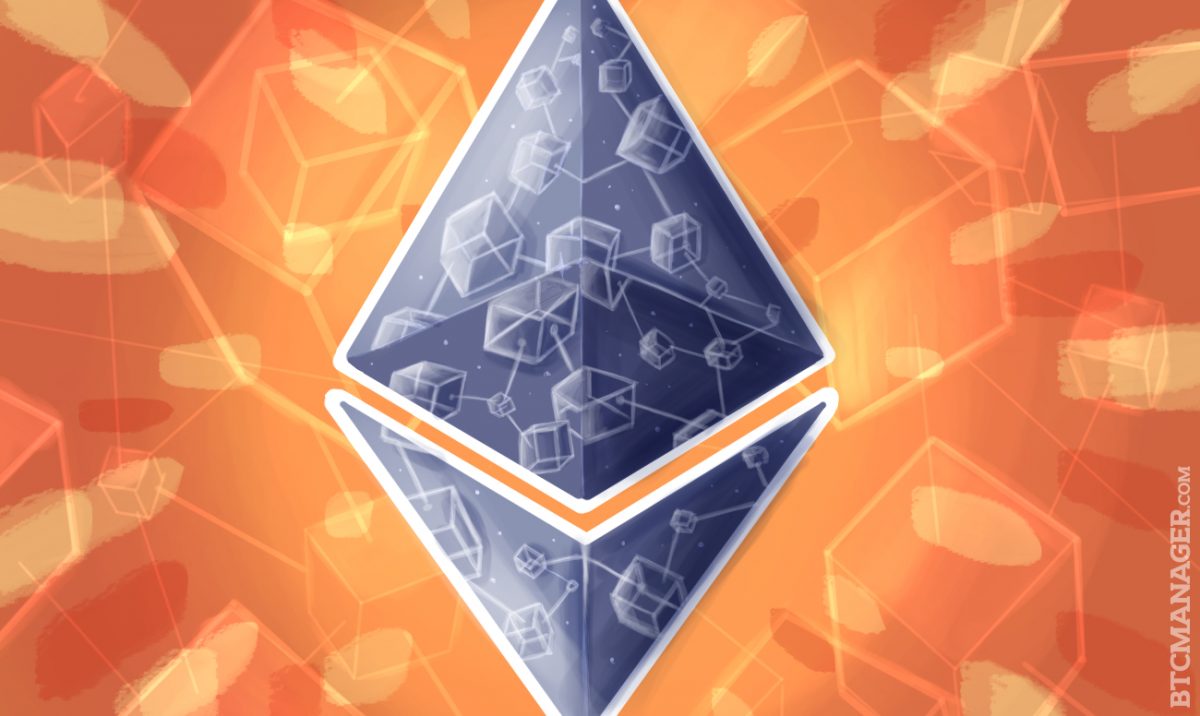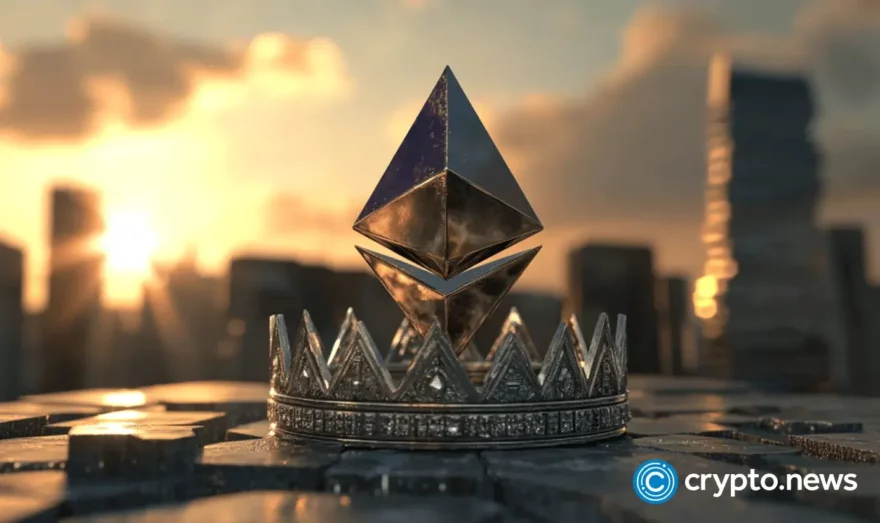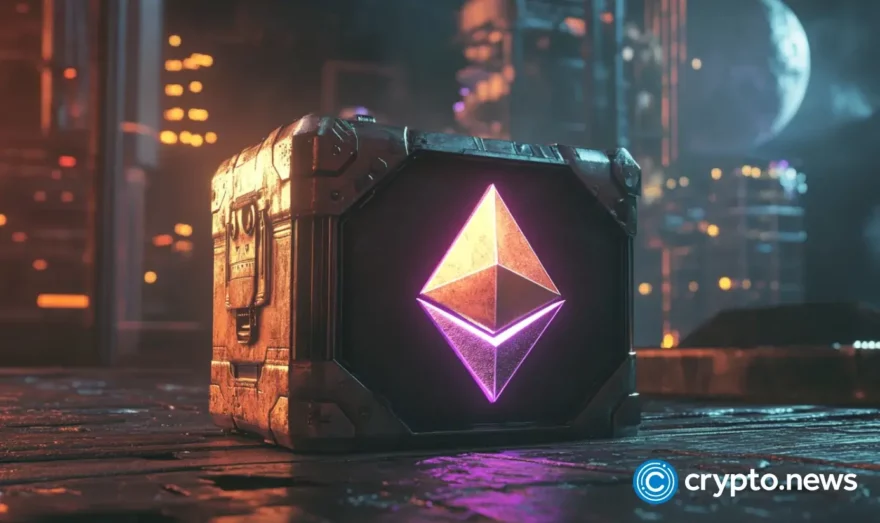Canadian Government Looks to Ethereum’s Blockchain to Improve Transparency

The Government of Canada has announced that it will trial and explore the use of blockchain technology to improve transparency in the areas of government grants and funding. These trials are being conducted by the National Research Council of Canada through its Industrial Research Assistance Program (NRC-IRAP). The prototype will be developed using the Catena Blockchain Suite, a set of software services built on top of the Ethereum platform.
Canada’s decision to migrate some aspects of governance to a blockchain-based system comes as no surprise considering the relative popularity of the technology in recent times. Countries around the world, including India, the United States, and Australia, have all announced pilot projects aimed at reconciling blockchains with existing infrastructure. In cryptocurrencies such as Ethereum’s ether, a blockchain is used as a decentralized and distributed ledger for transactions.
The Government of Canada hopes that such a system will promote greater transparency to the masses. The blockchain-based platform in development will allow citizens to search, verify and audit public records more efficiently than ever.
Canadian citizens interested in viewing and accessing this information that can visit the NRC website where all data is regularly uploaded to an online database. Any update, modification or change made to this database by the NRC can be viewed in real time.
Every time the NRC commissions a grant to any individual or a company it shares the information with Bitaccess, a Canadian blockchain company. The company, also responsible for the development of the platform itself, will upload the data it receives, eventually allowing the public to access it. The agency is expected to proactively publish information on new and amended contribution agreements in real-time.
In its own blog, the NRC labels blockchain technology as something that many innovation experts are talking about as the way of the future. It further adds that, over time, the NRC will evaluate how this technology may be further harnessed or potentially applied to other government processes.
The 23-year-old Russian-Canadian co-founder of Ethereum, Vitalik Buterin, has always stressed the broader mission to use Ethereum as a method of distributing power among the masses. He maintains that the use of the technology by governments doesn’t necessarily run contrary to the aim of decentralization. In November, Buterin tweeted to his half a million followers asking them which institutions they would like to adopt blockchain technology. Not surprisingly, the ‘government’ option won with around 44 percent of all votes.
That said, these are still early days for blockchain-based government systems in general. However, Canada’s newest experiment is expected to provide constructive insight into how it may be used for more open and transparent functioning of public programs in the future.
Companies in various sectors already believe in the potential that comes along with a blockchain and are also rolling out prototypes of their visions. Even finance behemoths such as Visa and MasterCard, the very entities that would otherwise be challenged by the advent of cryptocurrencies and blockchains, are adopting the technology.
The Canadian government’s trial in question also marks an important step forward for the technology and is a clear commitment by the country to support emerging innovation.















